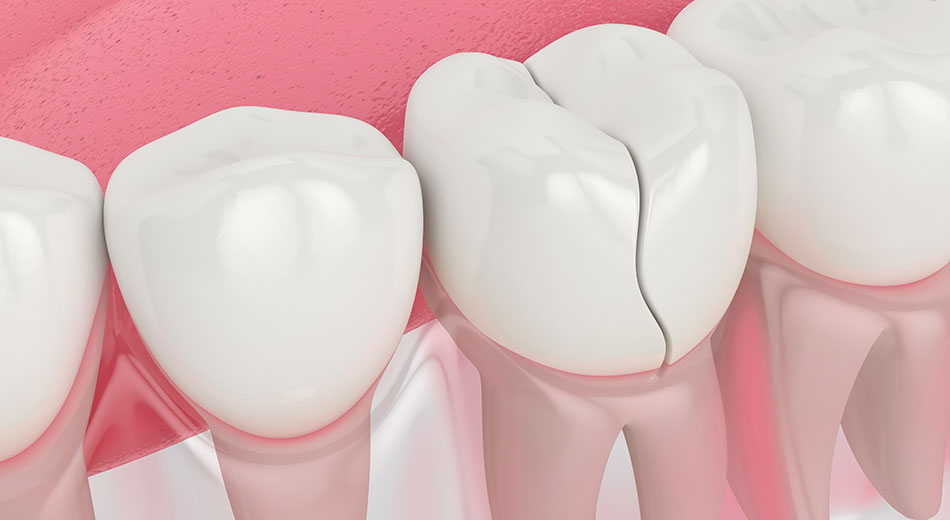Bad breath is embarrassing, and those who have tried everything to eliminate it know this struggle all too well. Sometimes, no amount of brushing your teeth, flossing, or avoiding smelly foods helps. The first step to solving the problem is visiting your dentist for a regular checkup and cleaning. With help from professionals, they will be able to identify what is causing your bad breath so you can take care of the issue and feel good again about your oral health.
How common is halitosis?
According to research findings from 13 medical journal articles, halitosis is a widespread condition that affects approximately 31.8% of the population around the globe. The condition is more common in males (37%) than females (26.8%).
What causes halitosis?
Patients are frequently unaware of their halitosis since most people become accustomed to the scent of their breath. Brush and floss your teeth regularly, but keeping your mouth odor-free is difficult. Smoking, dry mouths, and germs left behind in meal particles can cause bad breath. Poor hygiene might be the source of many oral problems, including gum disease, plaque, and periodontal disease.
What does it mean if you have bad breath all the time?
If you have persistent halitosis, you may have gum disease. Although this isn’t always the case, halitosis can signify one of the diseases mentioned in the preceding section. Dental cleaning or periodontal (gum) surgery might help if your oral hygiene is poor. Halitosis might be linked to an illness in another part of your body if you have healthy teeth and gums.
Maintain Fresh Breath
When you make an appointment, your dentist can pinpoint the source of your foul breath. Periodic checkups allow your dentist to identify any oral issues before they get worse, which might help prevent future bad breath.
Gum and periodontal disease can lead to halitosis, so you’ll need to have your mouth cleaned by a dentist to get rid of any plaque accumulation or germs that may have developed there. You can use a special antimicrobial toothpaste or rinse recommended by your dentist. Your dentist may advocate more extensive treatment if deep pockets develop and the condition is bad enough.
If you are concerned that you may have halitosis, make an appointment with your dentist. They will be able to help you determine the cause of your bad breath and come up with a plan to freshen up your smile.




